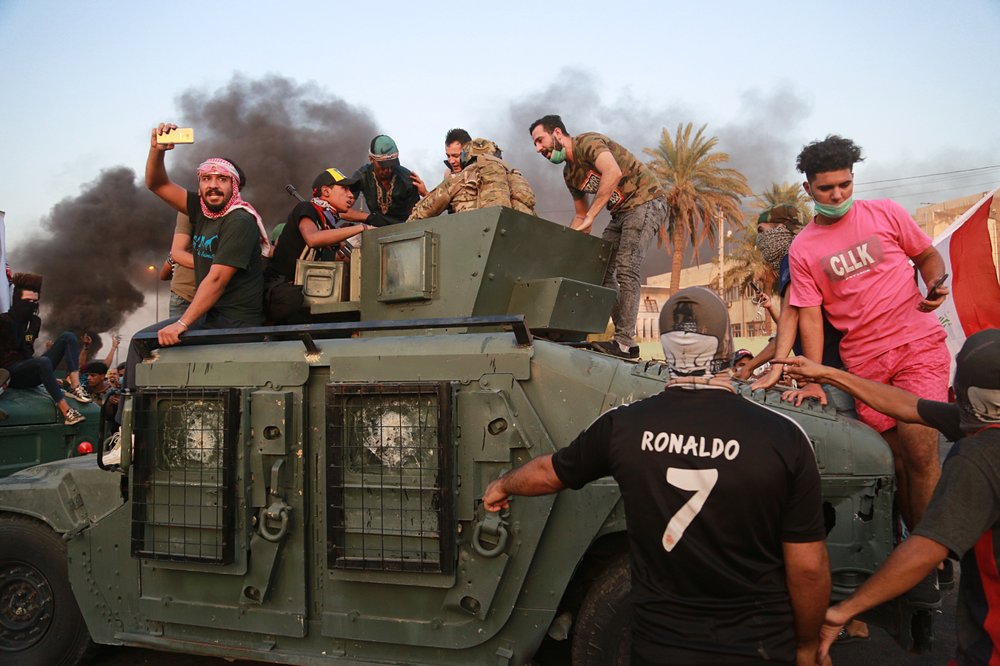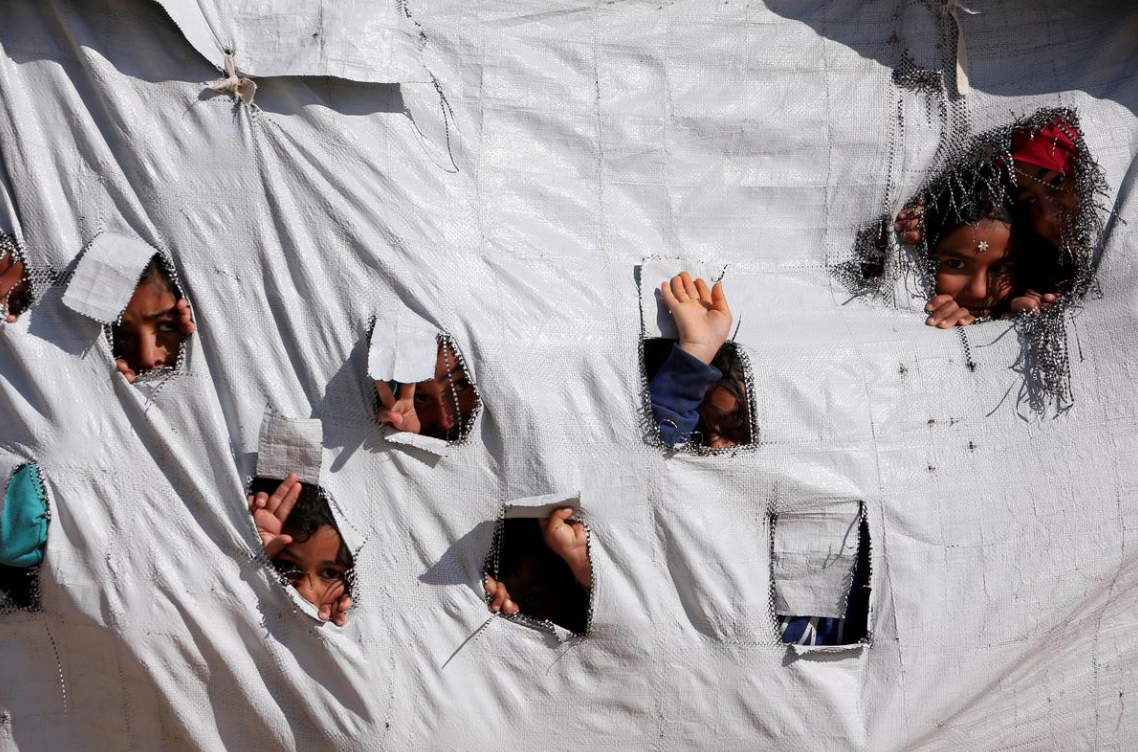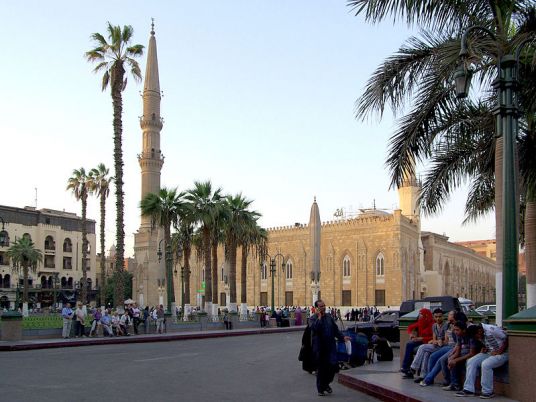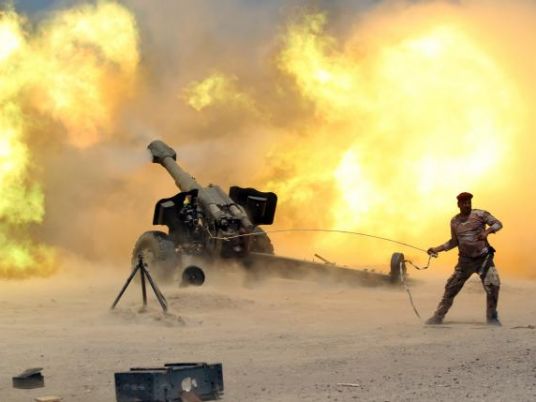Ramadi, Iraq– Privileged under Saddam Hussein and relegated to the political wilderness after his fall, many Sunni Arabs voted in Sunday’s parliamentary poll.
In Sunni heartlands like Anbar province, where US forces faced a bloody insurgency, anger against Prime Minister Nuri al-Maliki‘s Shia-led government seemed palpable.
"There are no services and no jobs. We live in poverty. What are they waiting for? To see us beg to stay alive?" asked Kamel Farhan, 66, who lost two sons in a drive-by shooting by insurgents a few years ago and himself bears bullet scars.
"If there is no change, blood will reach the knee. Killings and violence will return to this province," he declared, sitting in a relative’s shop in the provincial capital of Ramadi.
Minority Sunnis alienated by the US-led invasion spurned the first election for an interim assembly in January 2005. They did not boycott the second, held in December the same year for a full parliament, but still felt shut out of political power.
This time Sunni voters expect a tangible reward.
Turnout in Anbar, a vast swathe of desert stretching from Baghdad to the Syrian, Jordanian and Saudi borders, was a solid 61 percent, only just below the 62 percent national average.
That figure was matched or bettered in other Sunni-majority provinces, according to Iraq’s Independent High Electoral Commission. Sixty-six percent voted in Nineveh, 62 percent in Diyala and 73 percent in Salahuddin, home to Saddam’s clan.
Security in Anbar has improved dramatically since tribal leaders helped turn the tide of war by aligning Sunni fighters with US-backed Iraqi forces against al Qaeda from 2006 on.
Most Anbar voters seemed to support either Ahmed Abu Risha, one of those tribal sheikhs, or former Prime Minister Iyad Allawi, a secular Shia leading a cross-sectarian list.
"Allawi is the best. He is another Saddam but without the moustache," said Turki Hamad, sitting with friends who applauded his words — reflecting popular admiration in this frontier province for leaders in the mould of Iraq’s ousted strongman.
Competitive democracy is new to Iraq, where Saddam won a 2002 referendum on his leadership with 100 percent of the vote.
Sunnis were not immune from Saddam’s iron fist, but did not experience the systematic oppression suffered by restive Kurds and majority Shias who gained power after his overthrow.
That tormented history sowed the seeds of the sectarian slaughter that nearly ripped Iraq apart in 2006-07.
People in Anbar, like many in Iraq, are reluctant to admit that any Sunni-Shia rancor persists, but blame sectarian strife on Islamist parties swept into office in both Baghdad and Anbar in previous post-invasion votes many Sunnis shunned.
Now Sunnis are determined to make their votes count. Many see secular electoral lists with strong Sunni components as the best means of regaining a fairer share of government.
Unofficial returns from some ballot stations in Ramadi and Falluja showed Allawi performing well. In the voting station in Abu Risha’s home village, Allawi got 750 votes against 1,200 for Abu Risha, while Maliki’s State of Law coalition took only 129.
"This government didn’t benefit us, so I didn’t vote for it," said Salih Abed, a Ramadi property broker, holding up a purple ink-stained finger to show he had cast his ballot.
"We, all of our tribe, decided to vote for a certain list to make change. We don’t want to split our votes."
Abed had plunged his whole finger, not just the tip, into the ink.
"This to show that I voted from the bottom of my heart."
Abu Risha, the tribal sheikh running on a list with Shia Interior Minister Jawad al-Bolani, celebrated what he expected to be his election victory in style.
Dressed in an Arab headdress and a shiny blue dishdasha robe, he entertained supporters at his palace by firing 20 rounds in the air from a rifle held in one hand, Saddam-style.
"We won," he shouted. "And this is to mark our triumph."




